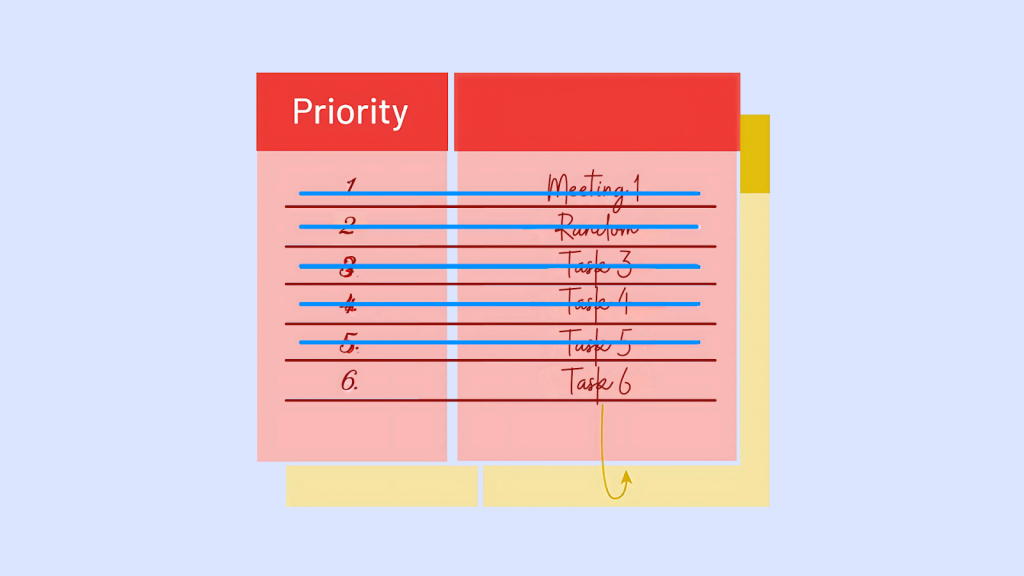
Working from home has become increasingly common in today’s fast-paced world. Whether you are a freelancer, an employee of a remote-friendly company, or managing your own business, working from home offers flexibility and comfort. However, without the right strategies, it can be challenging to stay productive, motivated, and balanced. Here are some effective tips for working from home successfully.
1. Designate a Dedicated Workspace

Creating a specific area in your home for work is essential. Even if space is limited, try to set up a spot that is quiet, comfortable, and free from distractions. This helps your brain associate that space with focus and productivity. A proper workspace can also help maintain work-life boundaries, signaling to yourself and others when you are “on the clock” and when you are off.
2. Stick to a Consistent Schedule
One of the biggest advantages of working from home is flexibility, but this can also be a trap. Without a structured routine, it’s easy to procrastinate or overwork. Start your day at a consistent time, take regular breaks, and set a clear endpoint for your workday. Using digital calendars or planners can help you organize your tasks and track deadlines effectively.
3. Dress for Success
While it may be tempting to work in pajamas, dressing as if you are going to the office can boost productivity and mindset. You don’t need formal attire, but wearing clean, comfortable clothes can create a mental distinction between personal time and work time, helping you stay focused and motivated.
4. Prioritize Tasks with a To-Do List

Working from home often comes with multiple distractions. To manage your time efficiently, create a daily to-do list. Identify high-priority tasks and tackle them first. Breaking large projects into smaller, manageable steps can reduce stress and give you a sense of accomplishment as you check off items from your list.
5. Minimize Distractions
Distractions are a major challenge when working from home. Social media, household chores, and family members can interrupt your workflow. Consider setting boundaries with people around you, using noise-cancelling headphones, or employing productivity apps that block distracting websites during work hours. Even small adjustments can significantly improve focus.
6. Take Regular Breaks
Working at a desk all day without breaks can lead to burnout and reduce productivity. Use techniques like the Pomodoro method—working for 25 minutes and taking a 5-minute break—to maintain energy and focus. Short breaks also give your mind a chance to recharge and help prevent fatigue, allowing you to work more efficiently in the long run.
7. Stay Connected with Colleagues
Remote work can sometimes feel isolating. Make an effort to communicate regularly with colleagues or clients through video calls, instant messaging, or emails. Staying connected not only helps you collaborate effectively but also prevents feelings of loneliness and helps maintain team cohesion.
8. Invest in Technology and Tools

Reliable technology is a backbone of remote work. Ensure you have a stable internet connection, a functional computer, and any necessary software or tools. Tools for project management, video conferencing, and cloud storage can make communication and collaboration smoother and more efficient.
9. Maintain Work-Life Balance
One of the biggest pitfalls of working from home is blurred boundaries between personal and professional life. Avoid checking work emails after hours and dedicate time for hobbies, exercise, and relaxation. Creating clear boundaries will help prevent burnout and keep you mentally and physically healthy.
10. Practice Self-Care
Mental and physical well-being are crucial when working remotely. Incorporate daily exercise, healthy meals, and mindfulness practices such as meditation or journaling. Regular self-care ensures you have the energy and focus needed for sustained productivity.
Conclusion
Working from home offers numerous benefits, including flexibility, comfort, and reduced commute time. However, it requires discipline, organization, and intentional practices to stay productive. By creating a dedicated workspace, sticking to a schedule, minimizing distractions, and prioritizing well-being, you can make the most of remote work. With the right strategies in place, working from home can be both efficient and fulfilling, allowing you to achieve your professional goals without compromising your personal life.
